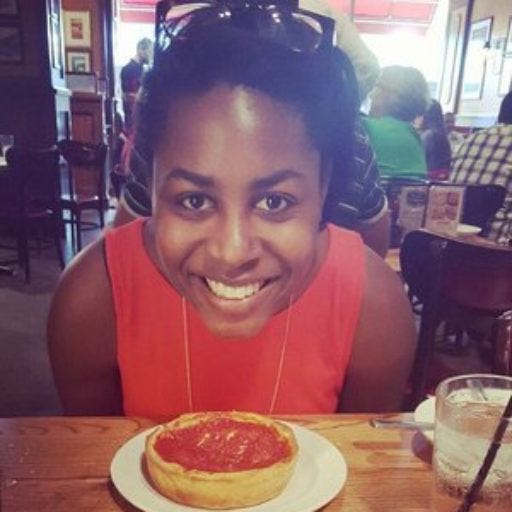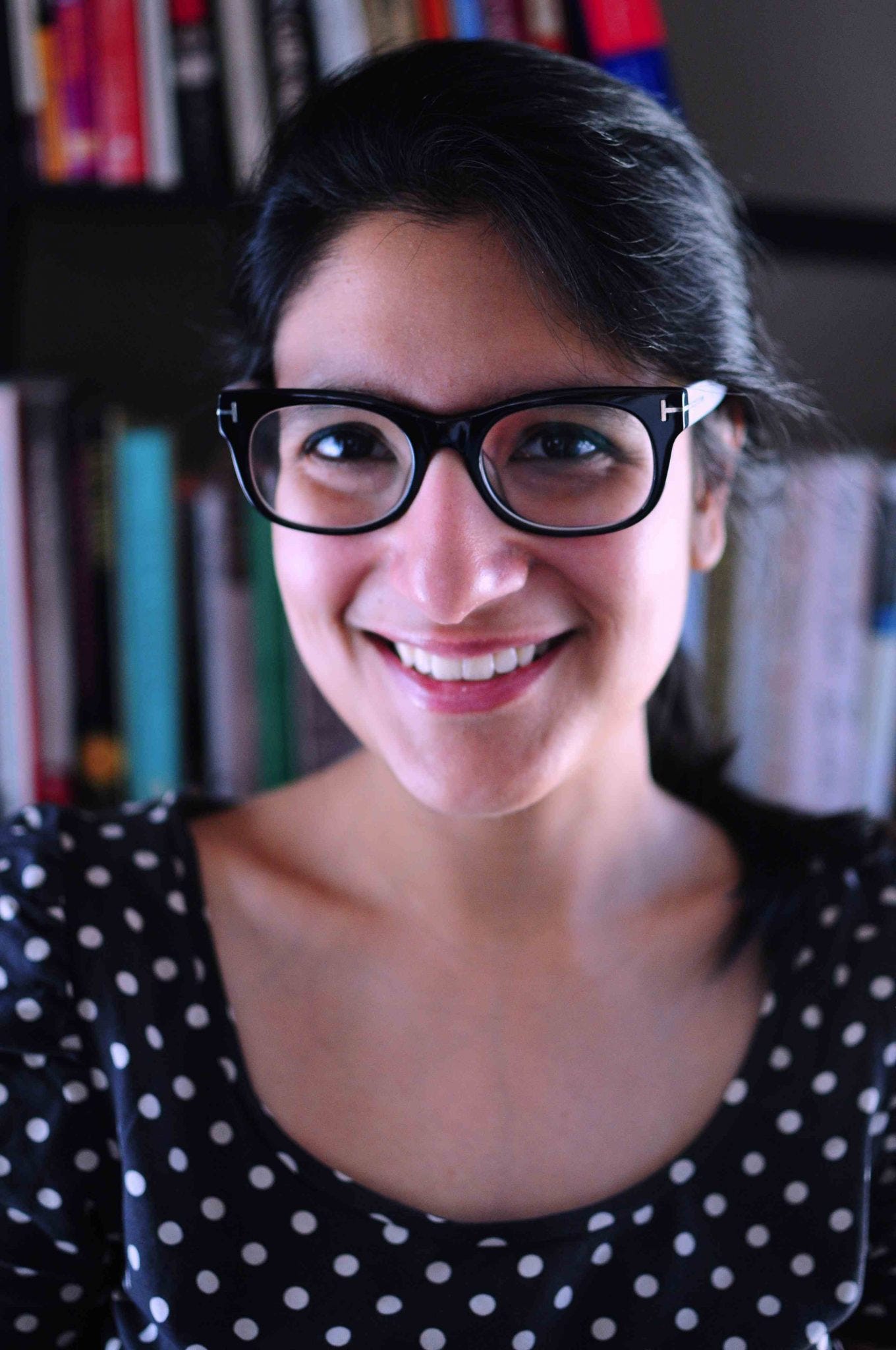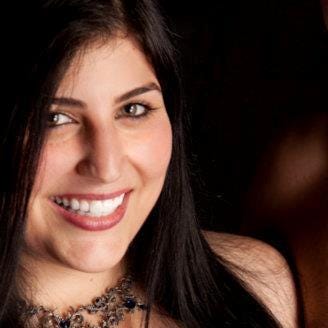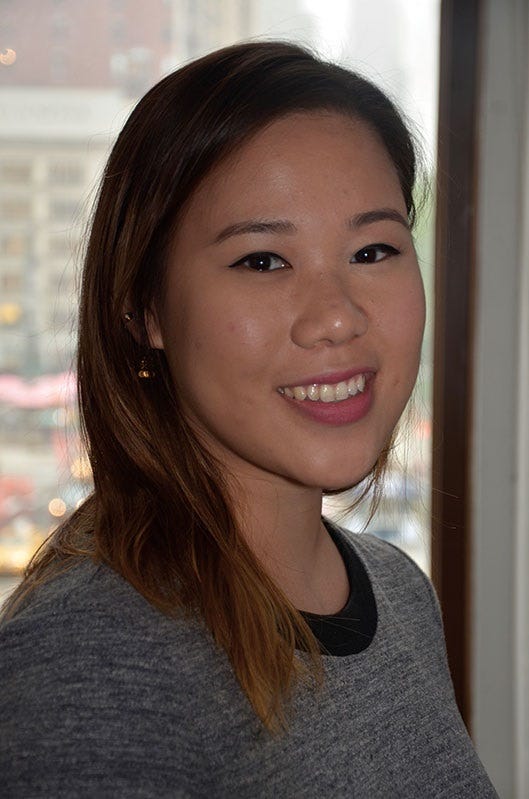
Voice: A #DVpit Blog Hop Roundtable Discussion: Part One (of Two!)
Introduction by Patrice Caldwell:

Hello! I am so incredibly excited to be hosting the kickoff to the #DVpit blog hop here on Pub(lishing) Crawl!! Thank you, Beth for trusting me to begin, thank you readers and visitors, and many many thanks to our panelists! This is a VOICE roundtable featuring: Agents: Saba Sulaiman at Talcott Notch Literary Services and Jennifer Azantian at Azantian Literary Editor: Tiffany Liao at Henry Holt/Macmillan Children's Learn more about them at the bottom of this post! I LOVE voice. There is nothing better for me as a reader and editor when I read voice that just sings and as a writer when I write a passage that's so full of voice. And, of course, writers, we've all heard it before, "I just didn't' connect with your voice"..."I wasn't pulled in by the narrative." But what does it all mean!? What *is* voice? How do you know if it sings? More importantly, how do work on the craft of improving your voice when it's the thing that everyone tends to say you either have or you don't? Well, that's what these guys are here for. We've got three phenomenal women in publishing here to tell you all about voice <3 *FYI, this is in 2 parts. This is Part One, and you can read Part Two here!*
Question One:
What are your FAVORITE voice-y excerpts? How do you define voice?

Saba Sulaiman: Hi everyone! I’m Saba, and I’m an agent at Talcott Notch Literary. I’ve been pre-occupied with how to think about voice for years—in fact, I wrote a blogpost on it here with a working definition (feel free to tweak it or disagree, I’d love to hear your thoughts). In short, I think a writer’s voice should have integrity, originality, personality, and some degree of emotional weight. Wit and a certain poetic inclination (where poetry = the ability to manipulate language so that it sings) is always a plus. Here are some very different opening lines from some of my favorite books: “The past is a foreign country: they do things differently there.” — THE GO-BETWEEN by L. P. Hartley (Adult fiction) -Evokes nostalgia and establishes a strong POV. “In fairy-tales, witches always wear silly black hats and black cloaks, and they ride on broomsticks. But this is not a fairy tale. This is about REAL WITCHES.” — THE WITCHES by Roald Dahl (MG Fantasy) -Lots of authority, personality, and the inversion of a trope. “A jellyfish, if you watch it long enough, begins to look like a heart beating.” — THE THING ABOUT JELLYFISH by Ali Benjamin (Contemporary Realistic MG) -Gorgeous image. Indicates a perceptive, observant child. "Some children are just born bad, plain and simple." —ALLEGEDLY by Tiffany D. Jackson (YA thriller) -Nothing like starting with a prejudicial, incendiary statement that defies popular opinion. “We are getting a divorce.” — A NATURAL NOVEL by Georgi Gospodinov (Adult fiction) -It’s simple but effective, and alerts me to a character who’s in flux. Sometimes, instead of reading entire opening paragraphs, I like to focus on how subsequent paragraphs in the opening pages begin, as a sign of the author’s style and focus. In NATURAL NOVEL, Gospodinov opens his next two paragraphs with the following lines: “I had a nightmare about what it would be like leaving.” “Everything happens in slow motion, which intensifies the horror.” See what I mean? Perhaps not as “voicey” as others, but it totally works for me, because it’s composed, draws me into the character’s mind, and makes me start asking questions. That’s the one thing that all of these opening lines have in common: they make me want to know more about these characters and worlds, and isn’t great writing all about inspiring curiosity in some way?

Jennifer Azantian: Hello all! I’m Jen, founder of Azantian Literary Agency. I absolutely love those examples, Saba, and I’m a huge fan of THE WITCHES. That book creepedme out as a child (*cough* still does *cough*) and that authoritative voice is a huge part of why. *shivers*Some of my favorite opening lines also have a lot of authority like: “I’m pretty much fucked,” of Andy Weir’s THE MARTIAN. A book that continues in this easy, natural way of speaking/thinking that pulls the reader in, even when the science gets complicated. The voice was so compelling that my partner happened to be around one day, heard a few lines, and just…lingered. He listened to the rest with me! Similarly, “I shouldn’t have come to this party. I’m not even sure I belong at this party. That’s not on some bougie shit, either. There are just some places where it’s not enough to be me. Neither version of me,” from Angie Thomas’ THE HATE U GIVE immediately draws me in to Starr’s way of thinking and begins to establish an important issue she grapples with in the novel. “Aliens are Stupid. I'm not talking about real aliens. The Others aren't stupid. The Others are far ahead of us, it's like comparing the dumbest human to the smartest dog. No contest. No, I’m talking about the aliens inside our own heads,” from THE FIFTH WAVE by Rick Yancey captures a young adult voice that just *feels* like a pissed off teen who’s been through some things and is about to tell us what’s up. But not all my favorite first lines are first person and authoritative in this same way. “There was a hand in the darkness, and it held a knife,” in THE GRAVEYARD BOOK by Neil Gaiman sets up the spookiness to come. The narrative voice is lyrical and haunting. “It was night again. The Waystone Inn lay in silence, and it was a silence of three parts. The most obvious part was a hollow, echoing quiet, made by things that were lacking,” and basically the entire Prologue to Patrick Rothfuss’ THE NAME OF THE WIND is a gorgeous subversion of a typical epic fantasy intro and gives us a voice that is consistently expressive even with its more distant narration. “Far out in the uncharted backwaters of the unfashionable end of the Western Spiral arm of the Galaxy lies a small unregarded yellow sun. Orbiting this at a distance of roughly ninety-eight million miles is an utterly insignificant little blue-green planet whose ape-descended life forms are so amazingly primitive that they still think digital watches are a pretty neat idea,” from THE HITCHHIKER’S GUIDE TO THE GALAXY by Douglas Adams just oozes that dry, dark humor that we’ll come to love of this narrator voice through the rest of the novel. And a final example of brilliant narrator voice taking on a life of its own that everyone should read is THE BOOK THIEF by Markus Zusak. It’s narrated by Death. All I can say is that it’s beautiful. What all these wonderful voices have in common is they convey, very quickly, an understanding of who the character is (and I do think of narrators as a sort of insightful character) and what they care about. That will hook me every time.

Tiffany Liao: Hi, all! I'm Tiff Liao, an editor at Henry Holt BYR. You guys picked some of my favorite lines -- I completely co-sign THE HATE U GIVE and THE WITCHES as examples of strong voice. Saba, I especially love your definition of poetry as the ability to manipulate language so that it sings. For me, a strong voice is the entry point into a whole world colored by your character's emotions, thoughts, quirks, and worldview. A voice should not only give you a sense of character, but also the unique way the character moves through life. I had the best time revisiting my favorite lines and the worst time stopping myself from reading the rest of each book! This line from THE GOLDEN COMPASS never fails to enchant me: "Lyra and her daemon moved through the darkening hall, taking care to keep to one side, out of sight of the kitchen." I love the classic sensibility, vivid sense of atmosphere, tension (why are they hiding? where are they going?) and the touch of magic and intrigue (what in the world is a daemon? How can I get one??). The voice has density, meaning that it conveys a lot about the world, stakes, and character with just a few economical words. Or these opening lines, from the heartwarming and hilarious ABSOLUTELY NORMAL CHAOS by Sharon Creech: "Dear Mr. Birkway, Here it is: my summer journal. As you can see, I got a little carried away. The problem is this, though. I don’t want you to read it." Mary Lou Finney's voice is bursting with spunky personality and humor. Plus, who can resist the urge to peek into someone's diary? There's immediate intimacy with the reader since we feel like we're confidantes being let in on a juicy secret. Lastly, THE ABSOLUTELY TRUE STORY OF A PART-TIME INDIAN by Sherman Alexie: "I was born with water on the brain. Okay, so that’s not exactly true. I was actually born with too much cerebral spinal fluid inside my skull. But cerebral spinal fluid is just the doctors’ fancy way of saying brain grease." Funny, matter-of-fact, emotionally immediate. From just these few lines, I have a sense of not only who Junior is but his distinct way of thinking.
—
These panelists are amazing, aren’t they? Thank you so much for joining us for Part One.
The Voice Roundtable continues with Part Two!
About the panelists:
Saba Sulaiman is an agent at Talcott Notch Literary Services, a boutique agency located in Milford, CT. She holds a BA from Wellesley College and an MA from the University of Chicago, where she studied modern Persian literature. She is looking primarily to build her Middle Grade and Young Adult lists, and is particularly interested in contemporary realistic stories. She’s also open to category romance (all sub-genres except paranormal), literary, upmarket, and commercial fiction, tightly plotted, character-driven psychological thrillers, cozy mysteries à la Agatha Christie, and memoir. Being a first generation immigrant who is constantly negotiating her own identity and sense of belonging in a place she now calls “home,” she is committed to highlighting more diverse voices with compelling stories to tell; stories that demonstrate the true range of perspectives that exist in this world, and address urgent and often underexplored issues in both fiction and non-fiction with veracity and heart. Follow her on Twitter @agentsaba. Jennifer Azantian founded Azantian Literary in 2014 where she focuses primarily, though not exclusively, on fiction with a speculative twist for middle grade, YA, and adult readers. Of particular interest are stories that explore meaningful human interactions against fantastic backdrops, contemporary stories about love, friendship, or familial bonds, underrepresented voices, obscure retold fairy tales, quirky middle grade, modernized mythologies, psychological horror, literary science fiction, historical fantasy, magical realism, space operas, hopeful futures, internally consistent epic fantasy, and spooky stories for younger readers. Twitter: @jenazantian. Tiffany Liao is an editor at Henry Holt Books for Young Readers. She's had the pleasure of editing authors such as Tomi Adeyemi, K.D. Halbrook, Kristin Tubb, Jay Asher, Lesley Livingston, Simon Van Booy, and Henry Lien, among others. She acquires young adult and middle grade fiction of all stripes, as well as the occasional nonfiction title. A Bay Area native, Tiffany now resides in Brooklyn where she continues to pine for a good avocado. She (mostly) tweets about bookish things at @tiff_liao. Patrice Caldwell is an Associate Editor at Disney-Hyperion and a writer represented by Pete Knapp at Park Literary. She also holds a BA from Wellesley College (& considers Saba Sulaiman her Wellesley career big sister), and is especially interested in fantasy, science fiction, and horror (& everything in between!) that’s diverse in terms of the content and creator. You can learn more about Patrice, her favorite books, and general musings at her website, patricecaldwell.com, and Twitter, @whimsicallyours, her secondary home.








